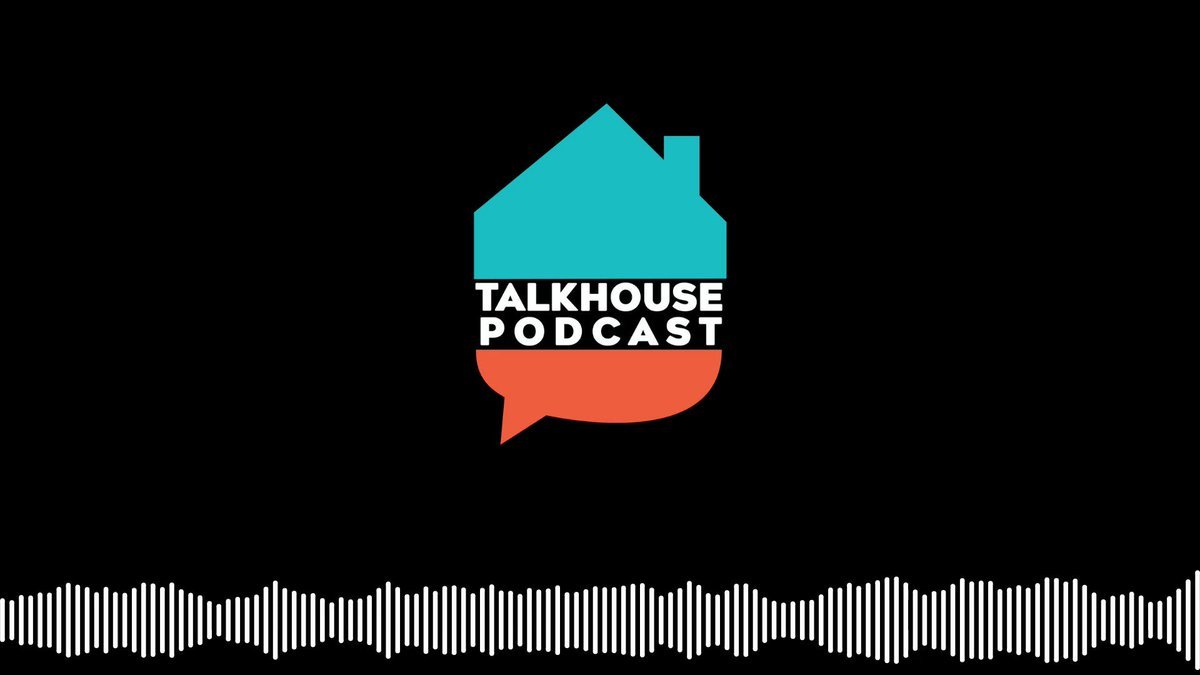Independent artists have gained significant traction in the music industry, challenging the traditional dominance of record labels. As technology evolves, musicians find new avenues to produce, distribute, and promote their music without the backing of a major label. This article explores the differences between independent artists and record labels, highlighting the advantages and challenges faced by each.

The Rise of Independent Artists
The digital revolution has transformed how artists create and share music. Independent artists now have access to powerful tools that allow them to record, produce, and distribute their work without relying on record labels. Platforms like Bandcamp, SoundCloud, and Spotify enable artists to reach global audiences directly.
With the rise of social media, independent artists can promote their music and connect with fans without a marketing budget. They leverage platforms like Instagram, TikTok, and YouTube to share their work and engage with their audience, fostering a loyal following. This newfound accessibility empowers artists to maintain creative control over their music and artistic vision.
Benefits of Going Independent
- Creative Control: Independent artists retain full creative control over their music, allowing them to explore their sound without interference from executives. This freedom fosters innovation and authenticity, resulting in unique musical expressions.
- Higher Revenue: Without a record label taking a significant cut of their earnings, independent artists can potentially earn more from their music sales and streaming royalties. They have the freedom to set their prices and retain a larger share of their profits.
- Direct Fan Engagement: Independent artists build personal connections with their fans. They can communicate directly through social media, sharing updates, and behind-the-scenes content, and engaging with their audience in real-time.
The Role of Record Labels
Record labels have long been the backbone of the music industry, offering artists resources and support to help them succeed. While major labels have faced challenges from the independent sector, they still play a vital role in shaping the careers of many artists.
Advantages of Record Labels
- Financial Support: Record labels provide financial backing for recording, marketing, and touring. This support allows artists to access professional production services, quality recording studios, and promotional resources that may be out of reach for independent musicians.
- Industry Connections: Major labels have established relationships within the industry, including radio stations, booking agents, and media outlets. This network can help artists gain visibility, secure radio play, and book lucrative tours.
- Marketing and Promotion: Record labels have dedicated marketing teams that craft comprehensive promotional strategies for their artists. They invest in advertising, PR campaigns, and music videos to ensure that their artists reach a wide audience.
The Drawbacks of Record Labels
- Loss of Control: Many artists sacrifice creative control when signing with a record label. Label executives may push for changes in an artist’s sound or image to appeal to a broader audience, which can lead to dissatisfaction.
- Financial Exploitation: Artists signed to record labels often face unfavourable contracts that can leave them with little to no profits. Labels typically take a substantial portion of album sales and streaming royalties, making it challenging for artists to earn a fair income.
- Limited Ownership: Record labels frequently retain ownership of the music they produce. This control can limit artists’ ability to monetize their work after leaving the label or negotiating new contracts.
Finding a Balance
As the music landscape evolves, artists increasingly seek a middle ground between independence and label support. Some independent artists collaborate with smaller, independent labels that offer more favourable terms and creative freedom. These labels often provide the resources and expertise that independent artists need without the constraints imposed by major record labels.
Conclusion
The debate between independent artists and record labels continues to shape the music industry. While independent artists enjoy creative freedom and direct engagement with their fans, record labels offer essential resources and industry connections that can propel careers. Ultimately, artists must weigh their options carefully and consider what aligns best with their goals and values.




